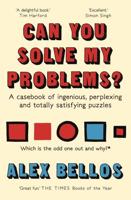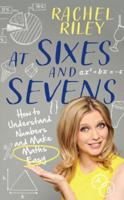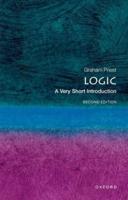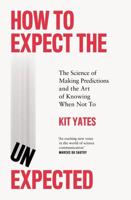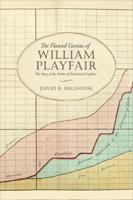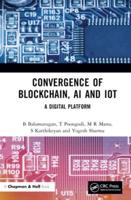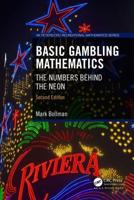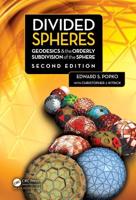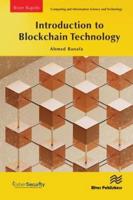Publisher's Synopsis
Nonstandard models of arithmetic are of interest to mathematicians through the presence of infinite (or nonstandard) integers and the various properties they inherit from the finite integers. Since their introduction in the 1930s (by Skolem and Gödel ), they have come to play an important role in model theory, and in combinatorics through independence results such as the Paris-Harrington theorem. This book is an introduction to these developments, and stresses the interplay between the first-order theory, recursion-theoretic aspects, and the structural properties of these models. Prerequisites have been kept to a minimum. A basic grounding in elementary model theory and a familiarity with the notions of recursive, primitive recursive, and r.e. sets will be sufficient. Consequently, the book should be suitable for postgraduate students coming to the subject for the first time and a variety of exercises of varying degrees of difficulty will help to further the reader's understanding. Beginning with Gödel's incompleteness theorem, the book covers the prime models, cofinal extensions, end extensions, Gaifman's construction of a definable type, Tennenbaum's theorem, Friedman's theorem and subsequent work on indicators, and culminates in a chapter on recursive saturation and resplendency.

